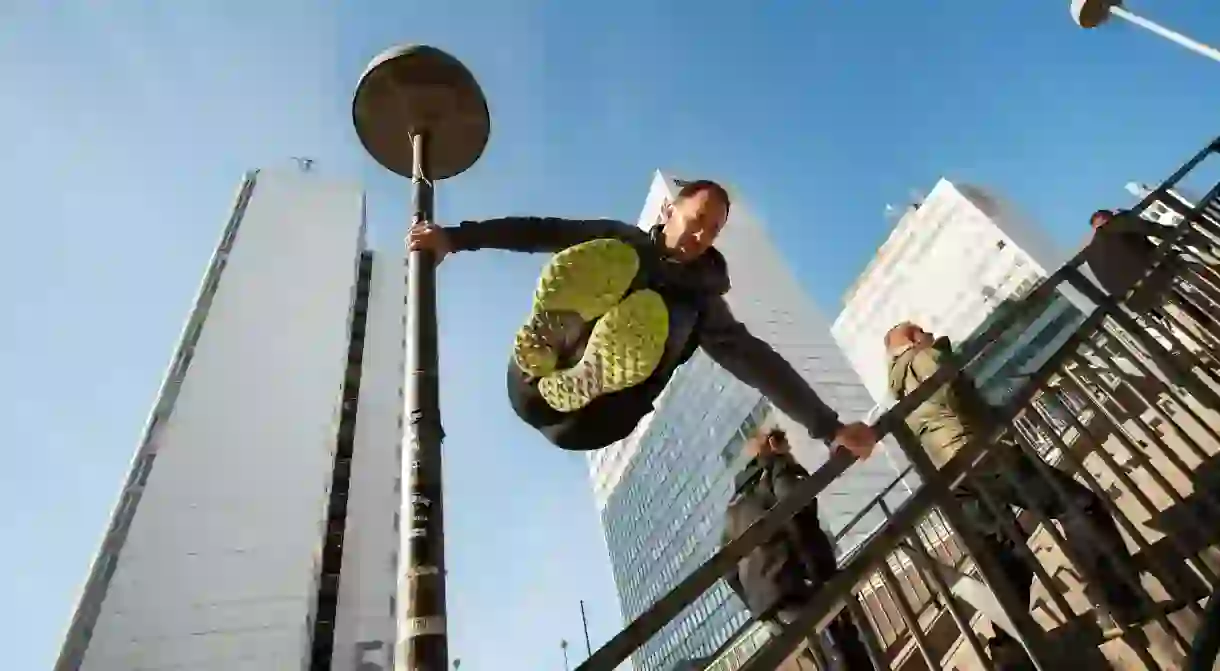12 Swedish Words You Can't Translate Into English

Every language has at least a few words that are near impossible to directly translate and Swedish is no different. While words such as ‘smorgasbord’ and ‘ombudsman‘ have almost effortlessly integrated into the English language, there are some that will most likely never do that. Here are 12 words you can’t translate into English – or at least need a lot of words to explain.
Orka
This very common verb roughly translates to ‘having energy’. So if you spring up the stairs you say, Jag orkar att gå uppför trapporna (‘I have the energy to go up the stairs’).

Blunda
This mean to close your eyes, or turn a blind eye, or ignore. For example, you could say, Blunda så ska du få en belöning! (‘If you close your eyes, you will get a treat!’).

Jobbig
Jobbig is one of those words that can mean a lot of different things, but essentially it can be applied to anything that is difficult, annoying, or tedious. Think of it as a word that roughly describes something as being a chore. Livet är så jobbigt! (‘Life is so difficult!’) is just one example.

Vabba
This is short for vård av barn, which means ‘to be at home with the kids’, usually when they’re sick – and you get paid by the government to do so. It’s becoming an increasingly popular phrase and has morphed into many variations.

Vobba
Vobba combines two words, jobber and vabba, and refers to parents who are at home with a sick child but who still work a bit; for example they check emails or take calls. Parents also get paid as a result.

Gubbe and gumma
Gubbe and gumma are affectionate terms for ‘old man’ and ‘old lady’, respectively. If you call your grandmother gumma, you’re probably saying it endearingly and with great warmth. Furthermore, you can call small children lilla gubben or lilla gumman (‘sweet little boy’ or ‘sweet little girl)’ as a term of endearment.

Hinna
Hinna is a very common verb that means ‘to be on time’ or, alternatively, ‘to find the time’. If you’re trying to catch the bus, you’d say, Hoppas att jag hinner till bussen (‘Hopefully I’ll make the bus on time’).

Badkruka
This word describes someone who refuses to get into the water, such as a pool or lake. So to say, Komma i vattnet du badkruka! is basically to scorn someone for not dipping a toe.

Särbo
Nowadays in Sweden, if you don’t live with your romantic partner but have a well-established relationship, the word särbo is used. Instead of calling someone your boyfriend or girlfriend, for example, you could use this word to describe that particular point in the relationship. So, min särbo is ‘my long-term relationship or partner’.

Lagom
This is a very particular word in Sweden that pretty much exemplifies what Swedes are all about. Lagom means ‘not too much or too little – just enough’. A more brutal translation is ‘don’t stand out’, something that is quite important to Swedes.

Mångata
In English, when we see a ray of moonlight, or the reflection of the moon on water, we might use the word ‘moonbeam’, but in Swedish mångata translates to ‘the road-like reflection of the moon on water’. Måne is the word for ‘moon’ and gata is the word for ‘street’ or ‘road’, so together they make mångata (‘moon road’).














